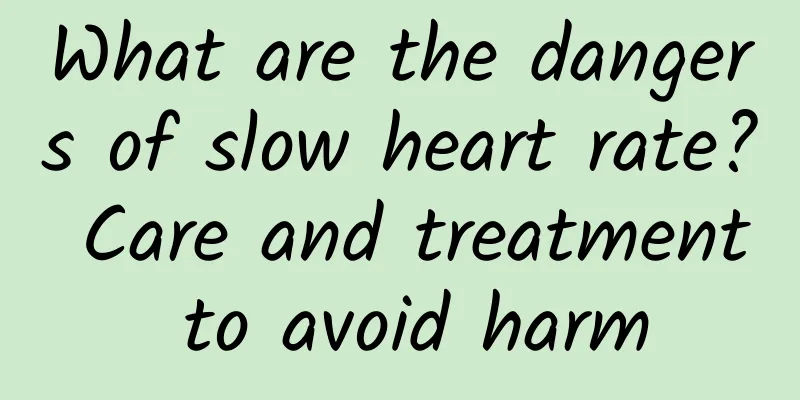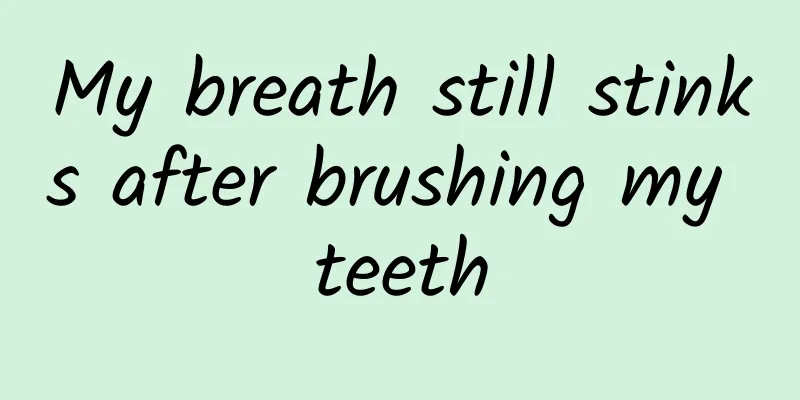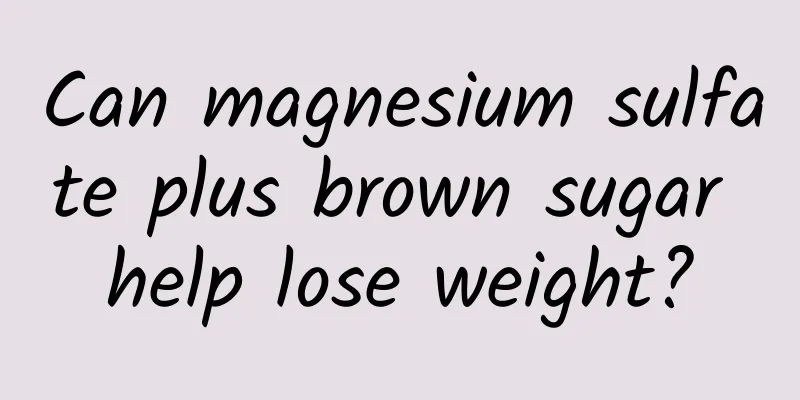Does a liver cyst need surgery?

|
Generally speaking, liver cysts are caused by congenital reasons and grow relatively slowly. In this case, timely follow-up examinations will suffice. However, you should be wary of liver cysts that grow faster. In this case, surgery can be used for treatment to avoid greater harm to your health. For example, if the tumor grows too fast, causing secondary infection or secondary bleeding, surgery is required. Common tests for liver cysts Ultrasound: Ultrasound examination is a routine screening method for liver cysts. Can make a rough judgment on the number and size of cysts. CT/MRI: Once the examination suggests the possibility of liver cysts, further CT or MRI examinations are needed. This is mainly to qualitatively understand the nature of the space-occupying area and determine whether it is a liver cyst. The doctor can accurately judge the size, location, and number of the cysts based on the CT or MRI images, and thus decide whether surgical treatment is needed. This is a very important examination. How to treat liver cysts? The treatment of liver cysts should depend on the size, nature and presence of complications of the cyst. When the diameter is 5 cm, the best method is to perform ultrasonic puncture and fluid extraction, which can relieve the pain of compression. However, the cyst will increase again soon after the extraction, so repeated extraction is required. This non-surgical method is suitable for older patients, but when complications occur, such as cyst rupture, torsion, or bleeding in the cyst, our best option is surgical treatment. Surgery can remove 1/3 of the cyst wall, allowing the cyst fluid to enter the abdominal cavity. If bile enters the cyst, it is best not to have surgery, and a cyst-jejunal anastomosis should be performed. Therefore, there are many ways to treat liver cysts, and you must choose one that suits you. Surgery is required in the following cases 1. The liver cyst is too large. A few liver cysts grow rapidly. When the diameter exceeds 5 cm, they can be called large liver cysts. Large liver cysts can easily cause compression symptoms and affect life and work. 2. Cyst secondary infection A small number of liver cysts may be secondary infected. These patients may have inflammatory symptoms such as liver pain, fever, increased white blood cell count, and B-ultrasound examination may indicate cyst infection. These patients should not be observed any further but should be treated promptly. 3. Secondary bleeding from cysts: The blood vessels in the cyst wall of a few liver cysts may rupture spontaneously, leading to intracystic bleeding. Some patients have no obvious symptoms, but some patients have severe pain in the liver area, which is similar to acute abdomen. If conservative treatment is ineffective, treatment should be continued. What issues should patients with liver cysts pay attention to? 1. In normal times, be careful to avoid collision with the right intercostal space and right upper abdomen to prevent cyst rupture. Simple polycystic liver disease has a good prognosis. In a group of cases, no patient's polycystic liver disease led to death or deterioration of health. One-third to one-half of polycystic liver diseases are accompanied by polycystic kidney diseases, which can cause renal failure and even death. If there is no abnormality in the kidneys, it is very fortunate. advertise 2. The diet for liver cysts should be light, and spicy, greasy and irritating foods should be avoided; drink less alcohol and eat less irritating, high-fat foods; eat less raw, cold, greasy, hard and other foods, and reduce the fat content and total calories intake from food. 3. Change your daily eating habits and quit smoking and drinking. 4. Vitamins, vitamin C, vitamin B6, and vitamin E can reduce the risk of liver cysts and can be taken in appropriate amounts. 5. Surgical treatment should only be considered when the liver cyst grows to a certain size and affects health, such as causing malabsorption, or complications such as cyst rupture and infection. If you experience acute severe abdominal pain, vomiting blood or black stools, you should go to the hospital immediately. 6. If polycystic liver disease is accompanied by polycystic kidney disease, it is a polycystic organ disease, which is often related to genetic factors. For larger liver cysts, if the patient has symptoms, ultrasound-guided puncture and fluid extraction can be considered, but the results are not satisfactory. If liver function is severely affected, further treatment should be considered. |
<<: What medicine can eliminate cervical cysts?
>>: What ointment should I use for sebaceous cysts
Recommend
What are the benefits of foot soaking and how to choose a foot soaking basin?
In life, many people like to soak their feet at h...
What should I pay attention to after the palace cleaning?
Generally, abortion surgery requires uterine cure...
Medications for ADHD
ADHD is a relatively common disease. For young ch...
How to reduce swelling and relieve pain when the buttocks are swollen
In daily life, many people suffer from anal disea...
Massage like this every day, and you will be immune to diseases and cancer
Some friends who are enthusiastic about health kn...
How to treat mild facial paralysis, self-massage therapy
Facial paralysis is a disease in which the facial...
The efficacy and function of five-step snake venom
The effects of five-step snakes have been recorde...
Side effects of camellia pollen
Camellia pollen is produced from September to Nov...
Does O-type blood attract mosquitoes? What is the truth?
It is said that people with type B blood are more...
Can Houttuynia cordata and licorice be taken together?
When you are prone to getting angry, having a fev...
Quick remedies for a runny nose
As we all know, the most common symptom of influe...
How is herpes treated? Common treatments for herpes
The herpes problem needs to be actively treated a...
Treatment of cervical spondylosis
For white-collar workers living in cities, cervic...
Is heel pain a sign of gout?
Whether heel pain is a symptom of gout cannot be ...
What to eat with formaldehyde
Hypothyroidism is a decrease in thyroid function,...









